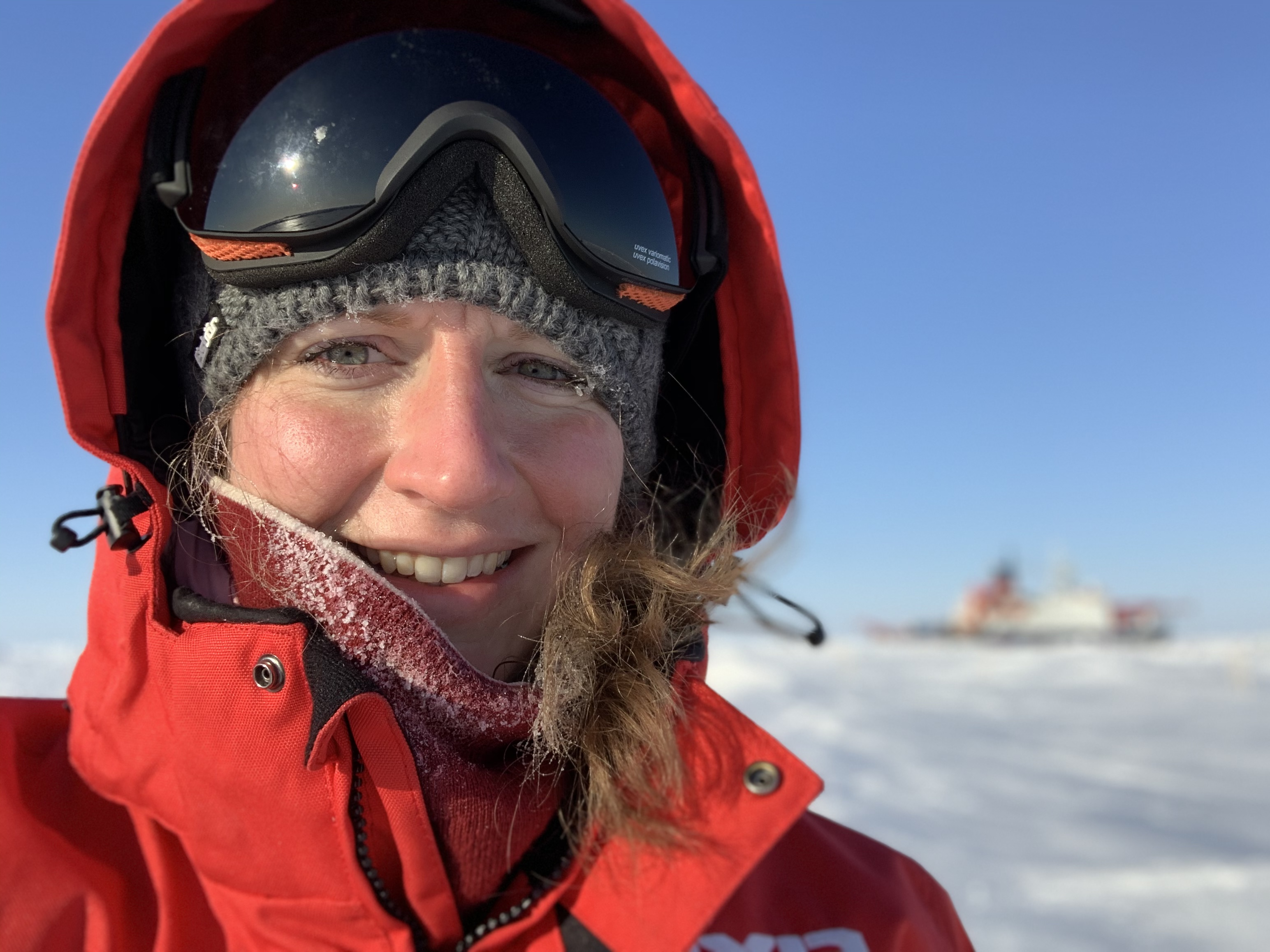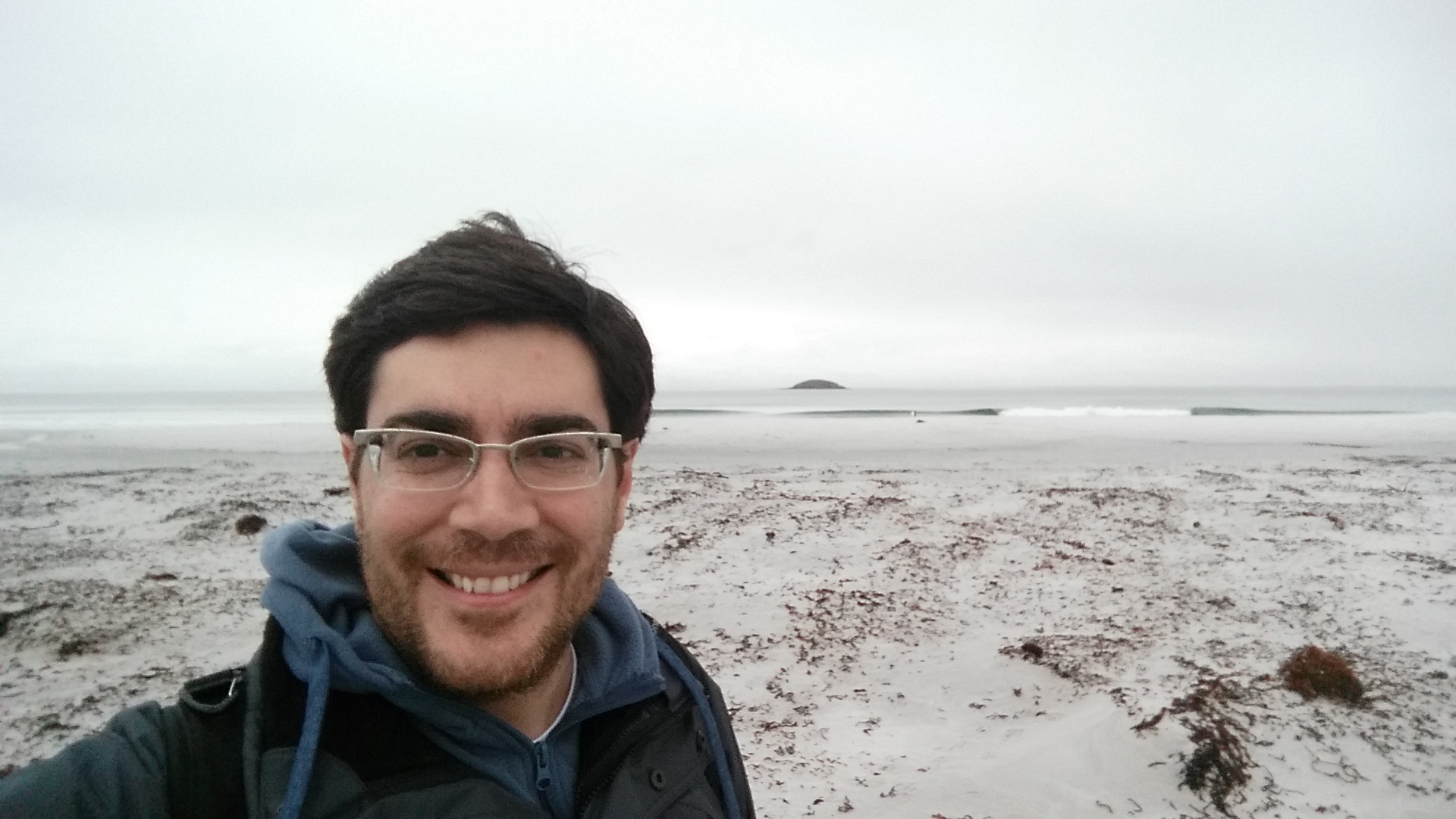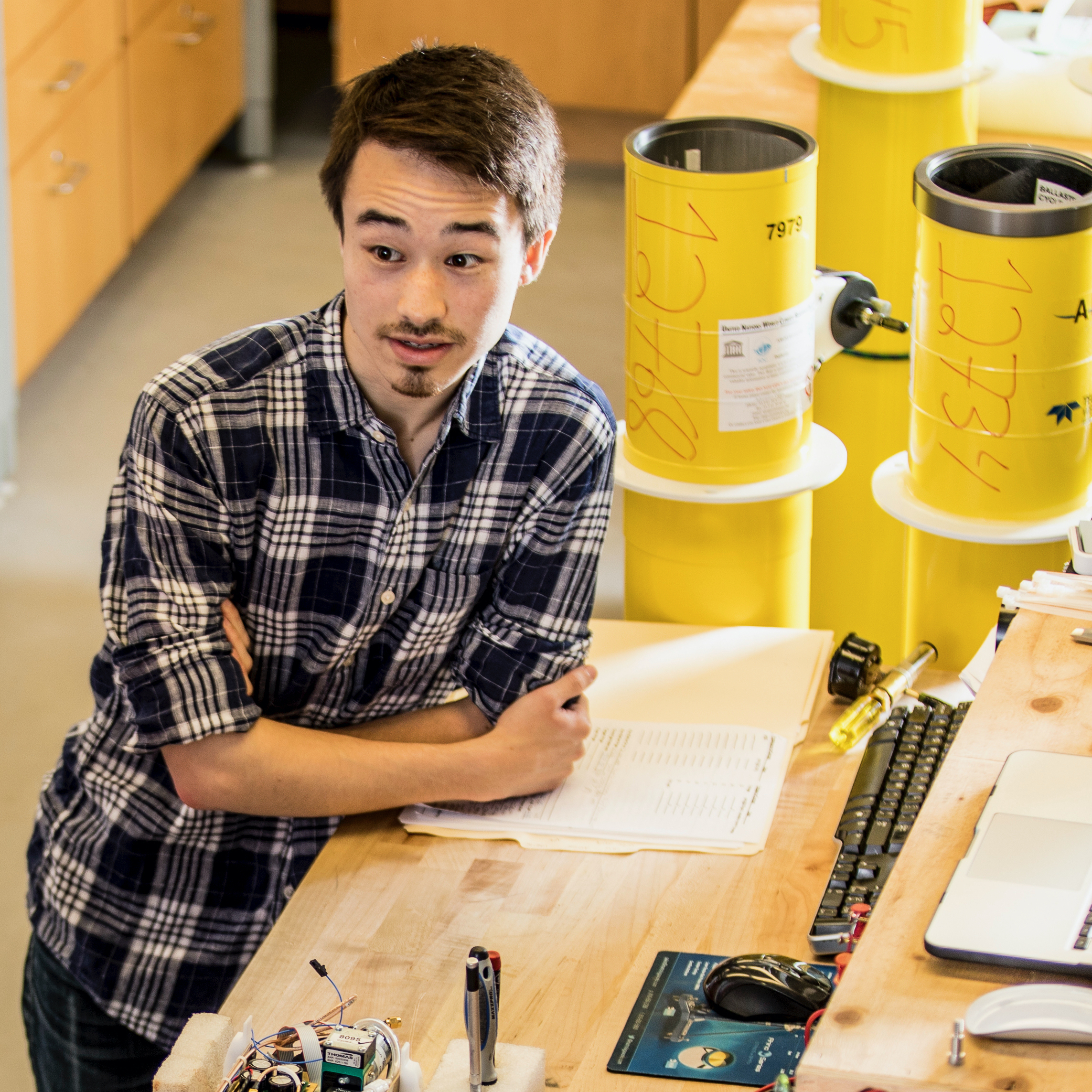Weddell Sea and Dronning Maud Land (WSDML) Regional Working Group Welcomes New Leadership Team Members

The Weddell Sea and Dronning Maud Land (WSDML) RWG were delighted to receive absolutely brilliant applications for joining their leadership group. Stefanie Arndt and Rodrigo Kerr will be joining the group this year, before Sandy Thomalla and Theoni Photopoulo next year. In addition, the WSDML working group welcomes a new APECS Representative, Ethan Campbell, who will also be joining the leadership team.
Dr Stefanie Arndt is a sea ice physicist at the Alfred Wegener Institute (AWI), Helmholtz Centre for Polar and Marine Research in Bremerhaven. She also lectures in the sea ice physics master’s programme at Universität Hamburg. She was born in Berlin in 1988, and studied meteorology in Berlin and Hamburg, as well as Arctic geophysics in a master’s block course on Spitsbergen. In 2017 she completed her doctorate at the University of Bremen and the AWI on seasonal Arctic and Antarctic surface properties and their influence on the under-ice light field. During her doctorate she spent three months at the Institute for Marine and Antarctic Studies (IMAS), University of Tasmania, in Hobart, Tasmania. As a research associate in the AWI’s sea ice physics section, she coordinates, among other things, the sea ice programme at the German Antarctic research station Neumayer III, as well as the section’s field work in the ice-covered Southern Ocean. To date, Arndt has participated in nine ship-based and two land-based expeditions to the Arctic and Antarctic, including the MOSAiC expedition, in which she led the international sea ice team on board during the third leg of the expedition. She is also active in various national and international networks, including as German representative at the Association of Polar Early Career Scientists (APECS), the Year of Polar Prediction (YOPP) and the international working groups Antarctic Fast Ice Network, and Antarctic Sea Ice Processes and Climate (ASPeCt). In the latter she is also a member of the executive committee. Furthermore, she invests significant time and energy in scientific communication.


Dr. Rodrigo Kerr is an Associate Professor at Federal University of Rio Grande (FURG) in Rio Grande, Brazil, since 2012. He is the head of the CARBON team at Oceans and Climate Laboratory (LEOC) of the Institute of Oceanography, FURG, which has research foci on studying the marine carbon cycle on distinct environments (estuaries, coastal, polar, deep ocean etc.) to investigate the role of anthropogenic influence on global climate. The research developed by the group has an inter- and multidisciplinary approach to better understanding ocean processes and their interactions with other compartments of the climate system (atmosphere, biosphere, cryosphere etc.). Rodrigo is also a researcher fellow of the Brazilian National Council for Scientific and Technological Development (CNPq) and a member of the National Institute of Science and Technology of the Cryosphere (INCT-CRIOSFERA), the Latin-America Ocean Acidification Network (LAOCA Network) and the Global Ocean Acidification Observing Network (GOA-ON Network). He is currently the co-chair of the Brazilian Ocean Acidification Research Network (BrOA) and the SOOS-endorsed program, Brazilian High Latitude Oceanography Group (GOAL). Rodrigo started his academic career with studies in the Southern Ocean, having specialized in Antarctic Oceanography during both Masters and Doctorate degrees evaluating the processes of formation and evolution of deep water masses in the Weddell Sea. He has participated in 12 summer cruises (4 as Principal Investigator) in the Southern Ocean and a winter cruise in the Weddell Sea. Currently, Rodrigo's research interests are focused on (i) ocean ventilation: water mass formation, export and distribution, properties variability and changes; (ii) the role of the polar oceans in large-scale climate variability; (iii) physical and biogeochemical interactions of the marine ecosystem in the Southern and South Atlantic oceans; and (iv) the marine carbonate system: CO2 fluxes, ocean acidification, and anthropogenic carbon.







